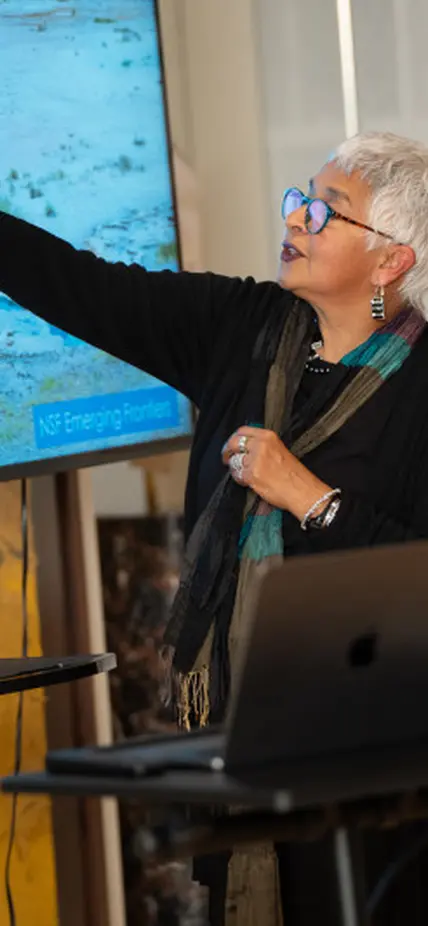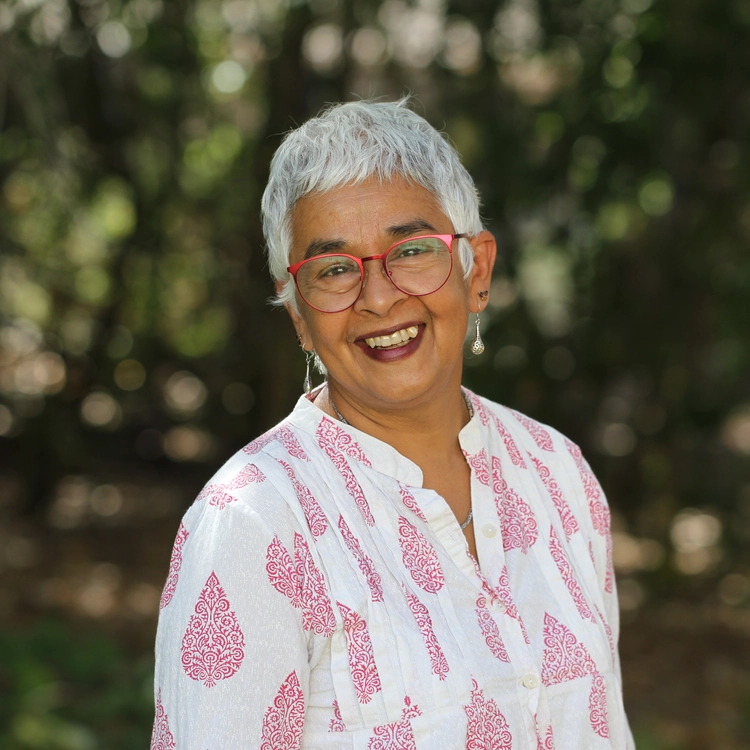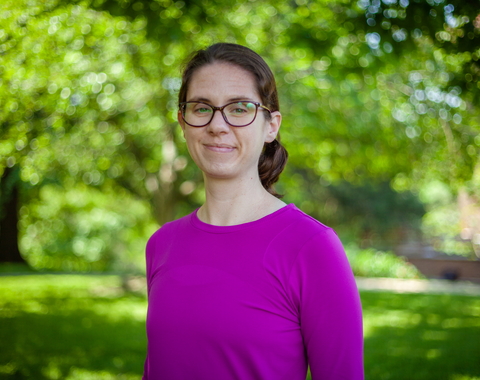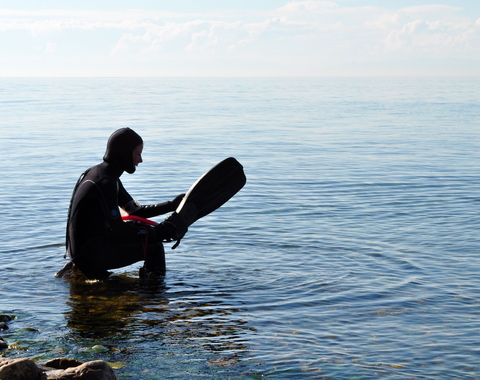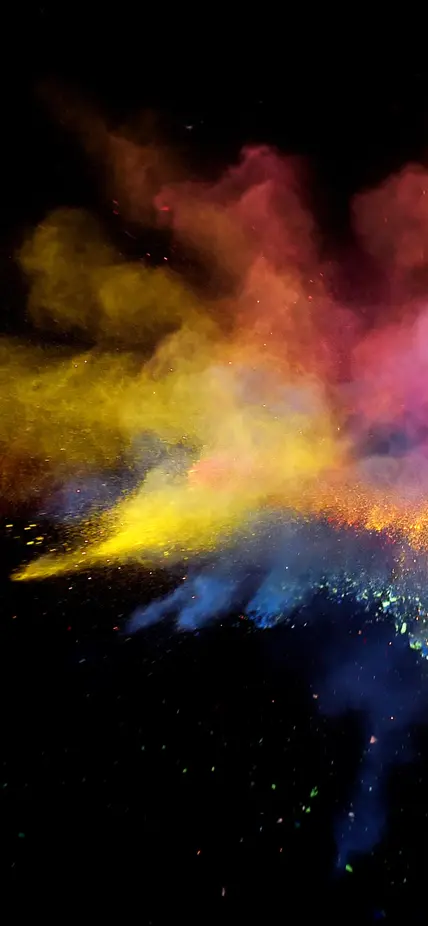This Women's History Month, we're highlighting extraordinary women like Devaki Bhaya in our Women of Influence series.
At Carnegie Science, Bhaya leads groundbreaking research into understanding how photosynthetic microorganisms perceive and evolve in response to environmental stressors. Through her work with cyanobacteria, she unravels the mysteries of globally relevant processes, offering insights into everything from photosynthesis to circadian rhythms.
Join us as we uncover Bhaya's lifelong passion for science, her journey as a mother and scientist, and her impactful contributions to the Carnegie scientific community. Stay tuned for more enlightening insights from our Women of Influence series! Stay tuned for more inspiring insights from our Women of Influence series!
Q1: What Initially Sparked Your Interest in Science?
My interest in science was sparked just by growing up surrounded by nature and having a lot of time to just explore. This made me wonder about natural phenomena of all sorts. Why do flowers only bloom at a certain time? Why do feathers have a certain shape and form? How do ants follow a trail? What are comets? The sort of garden variety curiosity that is very common in most children. What was different was that I had parents who made every attempt to nurture our interests. It meant taking long, bumpy rides to the only library, which was miles away! Yet, it set me and my siblings on a lifelong path to learn and question.
Q2: What drives your passion for science?
There is something thrilling about acquiring knowledge and understanding something that you have explored and puzzled over. It’s like working on a puzzle, and there are always pieces missing, or that do not quite fit. So when you find a piece that fits perfectly, it gives you an immense sense of satisfaction and a very private sense of accomplishment. And as you keep going on this sometimes-lonely journey, you realize how much you don’t understand! But that is often when you start talking to other folks who look at it with a different lens. I really enjoy talking to physicists, mathematicians, and modelers outside my field because it makes me look at my area of research in a different way. That keeps the passion going!!
Q3: How do you balance your career as a scientist with your personal life?
Being a mother and a scientist has been both challenging and rewarding. I grew up in India but spent most of my adult life in the US. Soon after our daughter was born, I went back to the lab, but we had endless support from friends and colleagues at Carnegie, who were like an extended family. We worked very long hours, but there was flexibility and camaraderie that made it all seem like fun! We often traveled with Ilina to India and to Brooklyn (almost another country!) and took to conferences I do think children and young adults should be exposed to all sorts of experiences and cultures. And now, funnily, the tables are turned, and I learn as much from our daughter’s set of friends and our lab members who come from all over the world!
Q4: Can you share an instance where you felt your influence positively impacted the Carnegie scientific community?
Being asked to be the chair of the first-ever Carnegie Climate Report was something I accepted without realizing exactly how challenging it would be! The process of gathering data and finalizing the report made me appreciate the complex issues that must be addressed by successful Institutions in the 21st century. Many of these questions are at the crossroads of scientific mission, individual goals, ethics, and society, so there are no easy fixes.
Growing up in India, I was aware of how social injustice and inequality closed off options, but this was my first foray into being part of a group of colleagues committed to proposing solutions. I don’t think it’s an easy path, but I’m much more confident that we need to actively engage in discussing our roles and responsibilities as scientists in society.
